Optimal Timing for Roof Tarping
This period often sees increased storm activity, making timely tarping critical to prevent water damage.
Immediately after severe weather events, roof tarping provides quick protection against ongoing leaks and further damage.
During calmer months, tarping can be scheduled for repairs, ensuring the roof remains protected during vulnerable times.
Applying tarps before forecasted storms can minimize damage from high winds and heavy rain.
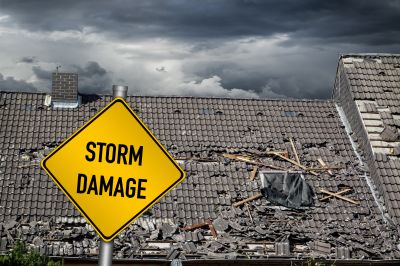
Assessing roof damage after a storm to determine the need for tarping.
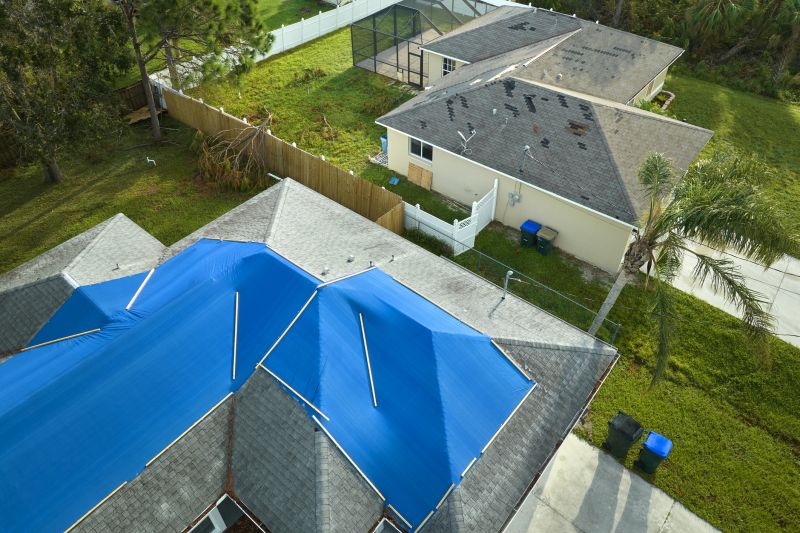
Preparing roofs with tarps before severe weather occurs.
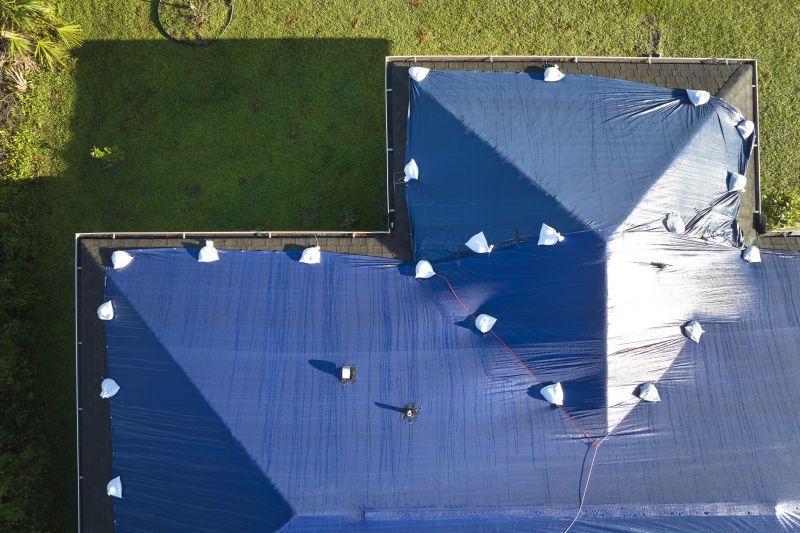
Quickly covering a damaged roof to prevent water intrusion.

Ways to make Roof Tarpings work in tight or awkward layouts.

Popular materials for Roof Tarpings and why they hold up over time.
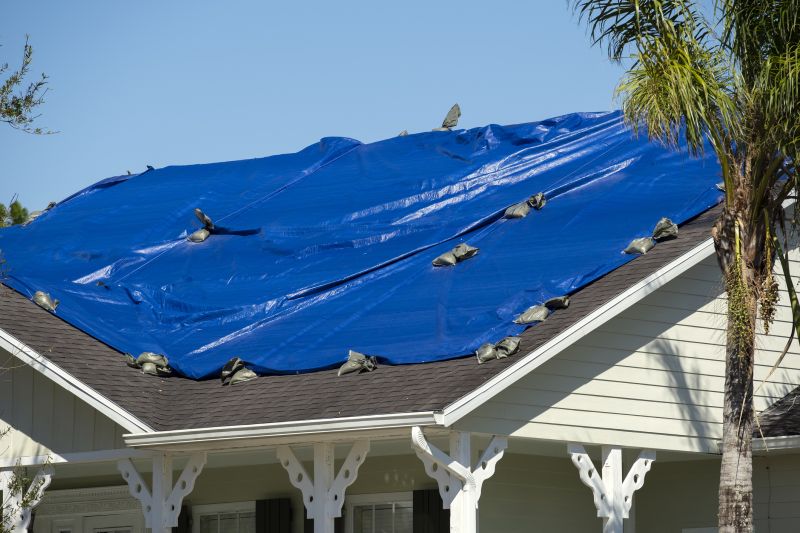
Simple add-ons that improve Roof Tarpings without blowing the budget.
| Season | Optimal Tarping Timing |
|---|---|
| Spring | Early spring before storm season peaks |
| Summer | Immediately after storms or heavy rain |
| Fall | Pre-storm preparations and post-storm inspections |
| Winter | During mild weather windows, if necessary |
Roof tarping serves as a crucial protective measure during periods of adverse weather, especially when permanent repairs are delayed. Proper timing ensures maximum effectiveness, reducing the risk of water damage to the interior and structural components. The durability of tarps can vary based on material quality, weather exposure, and installation technique. Regular inspections and timely replacements extend the protective lifespan of roof tarps.

Securing a tarp over a damaged roof for immediate protection.

Inspecting roof damage before applying a tarp.

A large tarp covering a building after storm damage.
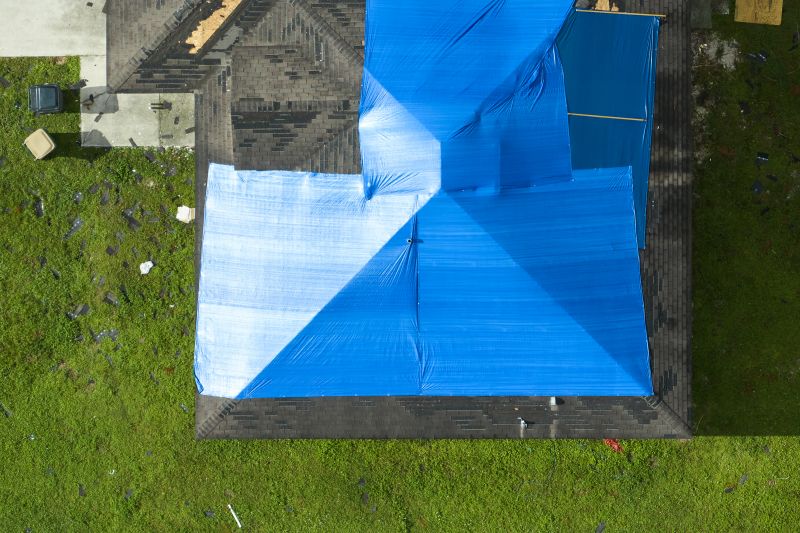
Ensuring tarps are tightly secured against wind and rain.
Timely roof tarping minimizes the risk of extensive water damage, mold growth, and structural deterioration. It is recommended to monitor weather forecasts and conduct inspections after storms to determine the need for tarping. Proper application and maintenance of tarps can provide an effective temporary barrier until permanent repairs are completed.
